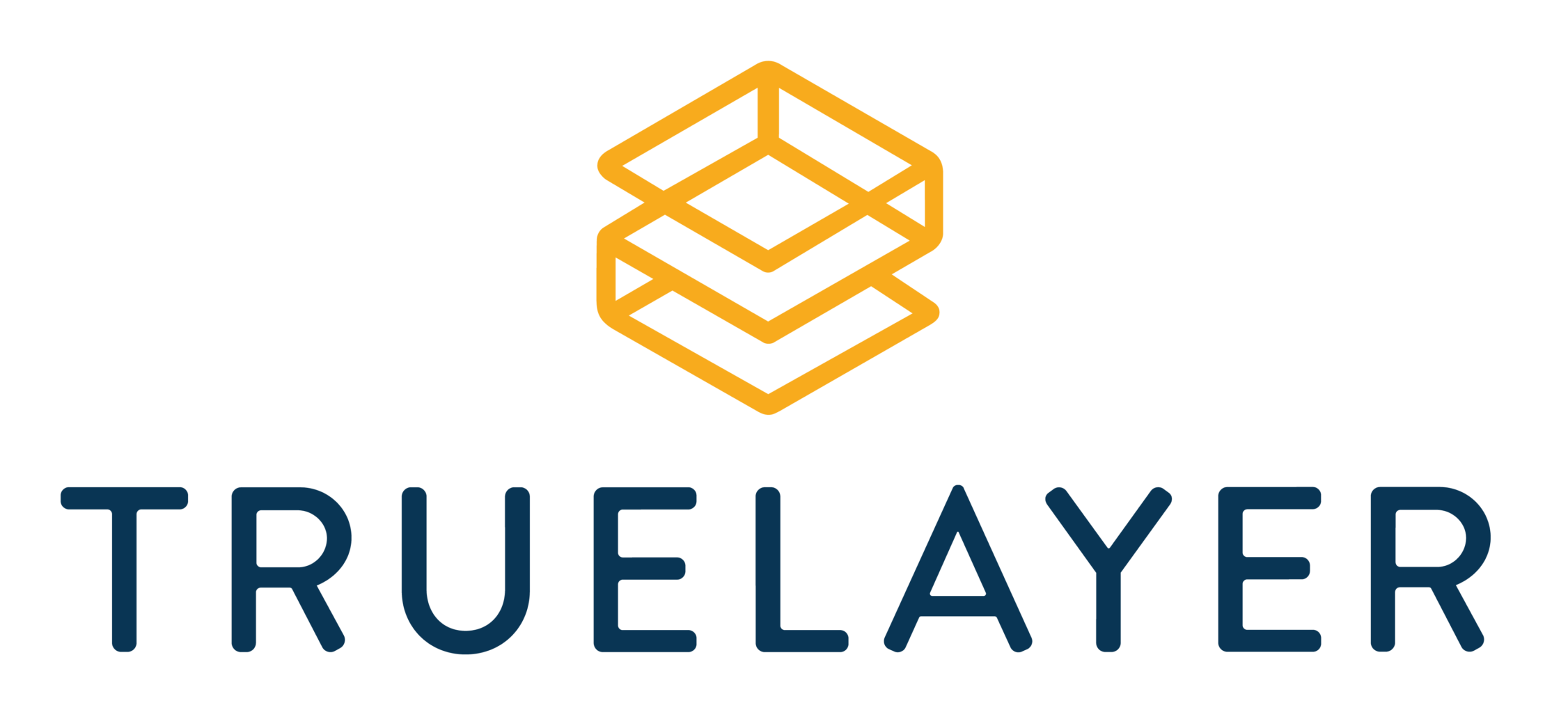11 technologies at the cross-section of Open Banking and insurance
19 July, 2021
Will technology built to exploit Open Banking help or hinder insurers? As discussed in our recent article on what Open Banking means for insurers, insurers who do not thoroughly study and respond to the dynamics created by Open Banking do so at their peril. However, Open Banking is not just a problem that needs to be managed. It also presents numerous proposition-related opportunities for insurers.
With this in mind, the following collection draws from our insurance technology database, Magellan™, to highlight 11 technology propositions at the cross-section of Open Banking and insurance.
Distributors
Among distributors, 2021 InsurTech Impact 25 Member Qover has created embedded insurance with Revolut, while By Miles was the first provider in the UK to get an Open Banking License in 2020. Their CEO James Blackham told us that they are now exploring “new initiatives” to use this technology, including in “customer verification, payments and credit scoring.”
![]() By Miles provides pay-per-mile insurance to low mileage drivers.
By Miles provides pay-per-mile insurance to low mileage drivers.
Regarding their open banking license, By Miles CEO James Blackham commented to us:
“The insurance industry can learn a lot from Open Banking, particularly about becoming more open and transparent with customers. If insurer’s embrace this new world, and support the FCA’s work on Open Finance, they will be able to offer more flexible products that are better tailored to the needs of customers, and allow more people to access them.”
![]() Qover allows brands to integrate insurance into their propositions. They have built an embedded insurance product in partnership with Revolut.
Qover allows brands to integrate insurance into their propositions. They have built an embedded insurance product in partnership with Revolut.
Payments, identity verification and digital distribution
For insurers who may not wish to explore these technology opportunities alone, partnerships will be central to capitalising on opportunities offered by Open Banking. Several solutions on this list facilitate embedded Open Banking digital propositions, whether through payments, identity verification or distribution.
![]() Particeep offers open banking API solutions to banks, insurers, and financial institutions.
Particeep offers open banking API solutions to banks, insurers, and financial institutions.![]() hiPRO provides an online platform for insurance premium financing that features banking integration for financing insurance businesses with multiple banking products, payment integration for cashless payments directly into the insurer’s or agent’s sales systems, and BIK integration for insurance risk valuation processing.
hiPRO provides an online platform for insurance premium financing that features banking integration for financing insurance businesses with multiple banking products, payment integration for cashless payments directly into the insurer’s or agent’s sales systems, and BIK integration for insurance risk valuation processing.![]() Tink is building an open banking platform that facilitates connectivity with banks and financial institutions, for example, to securely access financial data.
Tink is building an open banking platform that facilitates connectivity with banks and financial institutions, for example, to securely access financial data.
![]() OptioPay provides a white-label Open Banking platform to allow any insurer to offer a rewards platform to their customers.
OptioPay provides a white-label Open Banking platform to allow any insurer to offer a rewards platform to their customers.
 Truelayer has developed an API platform that helps companies to access their customers’ bank accounts to share financial data, make payments and validate their identity.
Truelayer has developed an API platform that helps companies to access their customers’ bank accounts to share financial data, make payments and validate their identity.
![]() SignD Identity provides digital onboarding and KYC solutions for banking and insurance companies.
SignD Identity provides digital onboarding and KYC solutions for banking and insurance companies.
![]() Trustly’s online bank payments enable insurance providers to pay out claims instantly and directly.
Trustly’s online bank payments enable insurance providers to pay out claims instantly and directly.
Customer comparison
Finally, we highlight two personal financial-management apps – solutions like these could become new customer comparison sites for insurance products. Although there are already numerous solutions to help customers manage things like health or budget, there is arguably no household-name customer ‘financial service management’ tool in the market today.
![]() Snoop brands itself as ‘your very own robin hood’, assisting customers with tracking and discovering the best deals for financial products such as insurance.
Snoop brands itself as ‘your very own robin hood’, assisting customers with tracking and discovering the best deals for financial products such as insurance.
 Planner Bee offers a wealth data aggregation platform that allows users to view their financial portfolio from different providers in one platform with API connections to banks, Insurers, and trading platforms.
Planner Bee offers a wealth data aggregation platform that allows users to view their financial portfolio from different providers in one platform with API connections to banks, Insurers, and trading platforms.
PlannerBee partnered with open banking solutions provider Salt Edge in 2020 to increase connectivity with users’ data.
Get market insights straight to your inbox
We see lots of opportunities for insurers to differentiate their proposition using Open Banking. The key will be to think about the “value exchange” rather than just seeing it as an opportunity to obtain data for the purposes of selling policies. As we recalled in our article, the effect of PCWs on the UK motor market provides a cautionary tale. Now, as then, insurers must consider how to differentiate their products on price and digital connectivity, rather than brand, to succeed in this emerging paradigm.
If you enjoyed this Collection and would like a curated shortlist of vendors tailored to your exact business goals, please contact our Magellan™ team here.
Thanks to the By Miles team for providing commentary and thoughts for this article. Although some vendors provided commentary, the above list is impartial and was selected by the Magellan™ team based on interesting, relevant propositions. It is not exhaustive, nor should it be considered an endorsement of the listed solutions by Oxbow Partners.



